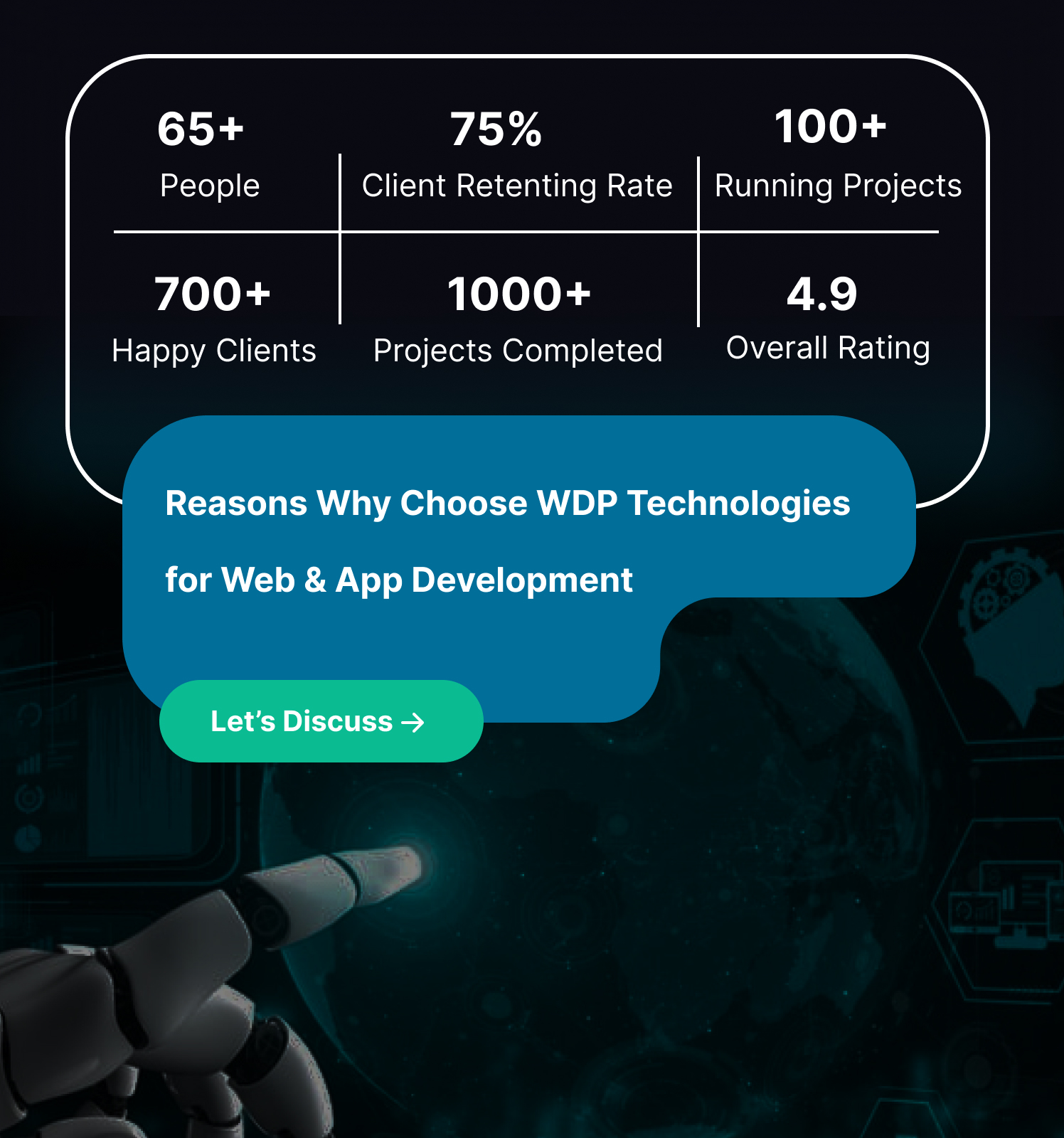Introduction
The mobile app development industry is constantly evolving, and 2025 is set to bring some transformative advancements that will redefine how we interact with technology. As businesses and developers strive to innovate and meet user demands, emerging trends will play a crucial role in shaping the future of apps. Let’s explore some game-changing trends that are set to dominate mobile app development in 2025.
1. AI-Powered Apps and Intelligent Automation
Artificial Intelligence (AI) is no longer a futuristic concept; it’s an essential part of modern apps. In 2025, AI-powered apps will become smarter, offering highly personalized user experiences. From AI chatbots capable of understanding complex queries to predictive analytics that anticipate user needs, AI will make apps more intuitive and user-centric. Automation will also play a key role, in streamlining tasks such as appointment scheduling, smart recommendations, and enhanced customer support.
2. The Revolution of 5G Technology
With 5G networks becoming more widespread, mobile apps will leverage this ultra-fast connectivity to offer unprecedented features. Real-time data streaming, seamless AR/VR experiences, and reduced latency in cloud-based gaming are just a few examples. Developers will explore how 5G can enhance app functionality, enabling features that were previously unattainable due to bandwidth and speed limitations.
3. Augmented Reality (AR) and Virtual Reality (VR) Integration
AR and VR technologies are not just for gaming anymore. By 2025, mobile apps in education, healthcare, real estate, and retail will incorporate AR/VR to create immersive experiences. For example, virtual home tours, AR-enhanced shopping experiences, and virtual training modules for employees are becoming mainstream, offering users interactive and engaging solutions.
4. Blockchain for Enhanced Security and Transparency
Blockchain technology is revolutionizing the way apps handle data. By 2025, blockchain will be a standard in mobile app development for ensuring data security and transparency. Apps related to finance, healthcare, and supply chain will use blockchain for secure transactions, tamper-proof records, and decentralized data storage, building trust with users.
5. Super Apps Ecosystem
Super apps, like WeChat, which combines multiple services into one platform, are gaining traction globally. In 2025, more developers will aim to create super apps that cater to various needs, such as messaging, shopping, banking, and booking services, all in one interface. This trend will redefine convenience and enhance user retention.
6. Progressive Web Apps (PWAs)
Progressive Web Apps (PWAs) will continue to gain popularity as they offer the best of both the web and mobile worlds. With their ability to work offline, deliver fast loading times, and eliminate the need for installation, PWAs are ideal for businesses looking to provide seamless user experiences without the development cost of native apps.
7. Voice and Gesture-Controlled Interfaces
Voice assistants like Siri, Alexa, and Google Assistant have set the stage for voice-controlled apps. In 2025, this trend will extend further with apps integrating voice and gesture controls to offer hands-free navigation. This will be particularly impactful in industries like smart homes, automotive, and healthcare.
8. Internet of Things (IoT)-Enabled Apps
IoT technology connects devices and facilitates seamless data exchange. In 2025, mobile apps will be pivotal in controlling IoT devices, from smart home systems to industrial automation. Expect to see apps that manage everything from home security cameras to healthcare monitoring devices.
9. Low-Code and No-Code Development
Low-code and no-code platforms are making app development more accessible. In 2025, these platforms will empower businesses to build and deploy apps without extensive technical expertise quickly. This will significantly reduce development costs and time-to-market, enabling small businesses to compete with larger enterprises.
10. Wearable Technology Integration
Wearables like smartwatches, fitness trackers, and AR glasses are becoming more sophisticated. In 2025, mobile apps will further integrate with wearables to offer real-time health monitoring, personalized fitness plans, and even AR-guided navigation for outdoor activities.
11. Enhanced Privacy and Data Security
With growing concerns over data breaches and user privacy, mobile apps in 2025 will prioritize robust security measures. Developers will implement features like end-to-end encryption, biometric authentication, and compliance with global data privacy regulations such as GDPR and CCPA.
12. Cloud-Native Mobile Apps
Cloud technology will revolutionize app development by enabling faster processing, scalable storage, and enhanced collaboration. In 2025, cloud-native apps will dominate industries like education, remote work, and entertainment, offering users access to resources without needing heavy hardware.
13. Sustainability and Green Apps
As environmental awareness grows, mobile apps in 2025 will align with sustainability goals. From apps promoting energy conservation and carbon tracking to those offering eco-friendly solutions, developers will embrace green technology to cater to environmentally conscious users.
Conclusion
The mobile app development landscape in 2025 is poised for unprecedented innovation. These 13 trends not only highlight the potential of emerging technologies but also emphasize the importance of user-centric design and security. Whether you’re a developer looking to stay ahead of the curve or a business aiming to leverage cutting-edge solutions, these trends will shape the future of mobile apps, creating new opportunities and redefining how we interact with technology.
Stay updated, stay innovative, and embrace the future of mobile app development! For more info, you can visit https://www.wdptechnologies.com/













